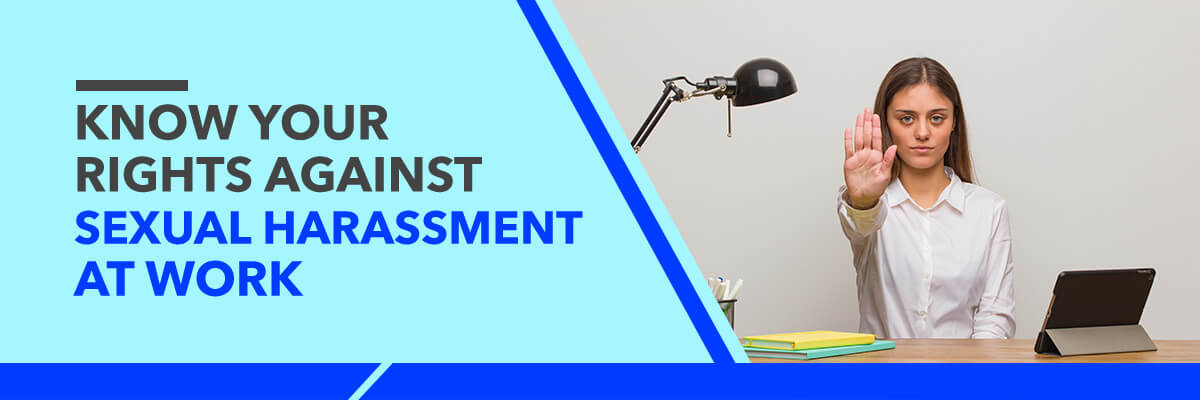Sexual harassment is not just about touching or doing something grave. Even if someone hurls sexually explicit language, it may be counted as sexual harassment. Sexual harassment is against the spirit of Title VII of the Civil Rights Act of 1964. This particular title forbids discrimination on the basis of race, race, national origin, color, religion, etc., in any employment scenario where the number of employees is 15 or more. It also states that it is illegal to hit back the person who has complained about such discrimination. In fact, it empowers people to file a charge of discrimination. One can also participate in an employment discrimination lawsuit or investigation. Moreover, it applies to state, the federal government, local governments, employment agencies as well as labor organizations. Yet, sexual harassment has not ceased, albeit it has ebbed. This calls for situations where you may need to defend your right in the court of law or during an investigation. To do that you need to be aware of your rights against sexual harassment at work.
Things To Do
Whether it was an unwelcome gesture, request for sexual favor, an inappropriate touch or lewd behavior, it is sexual harassment since it coerces you to do something inappropriate or creates a hostile environment in the workplace. You need to retaliate and take a stand against it. However, to vindicate your stand you need to prepare.
Consult Employee Handbook
The employee handbook is a compendium of policies for everyone working in a company. It should also contain a sexual harassment policy. If it is there, you need to follow it. Some of the basic tenets of such a policy are:
- Putting complaints in writing.
- Taking immediate note about specific points such as the time and place, whatever the accused said or did, who witnessed the happening etc.
- Document your work productivity during the incident as well as after. It may help you prove your point.
Talk To Whomever You Feel Comfortable With
If you are feeling comfortable about talking to your supervisor, talk to him or her about the incident and the steps taken to retaliate. If you are not comfortable with your superior, feel free to talk to the Human Resources Department. If there is a person responsible for handling workplace complaints, you have the best chance.
Confide To Your Family
Talking to friends, family, coworkers, etc., can make you feel better. However, you need to feel safe divulging to them, especially coworkers.
Contact the U.S. EEOC
The Equal Employment Opportunity Commission is the nodal agency for looking into allegations of denial of equal opportunity in the employment of which sexual harassment is a part. You can contact the U.S. EEOC, even if pursuing a complaint is not on your agenda. You can speak to the counselor there and get help with resources and insight.
File A Discrimination Complaint
You can also file a discrimination complaint with the EEOC. You can do it on your own, but you need to do it within 180 calendar days.
Retaliation from superiors or accused is a major impediment against women reporting harassment cases. However, you need to know that you have a legal shield against any retaliation.


